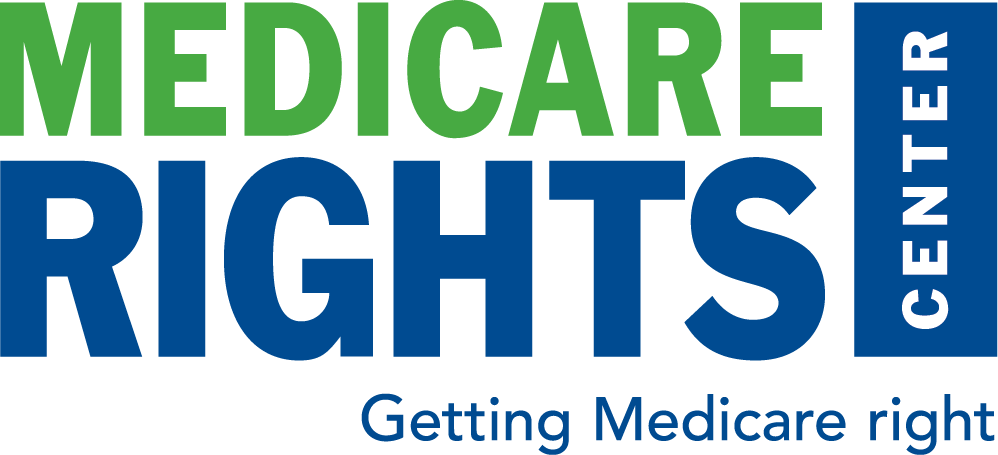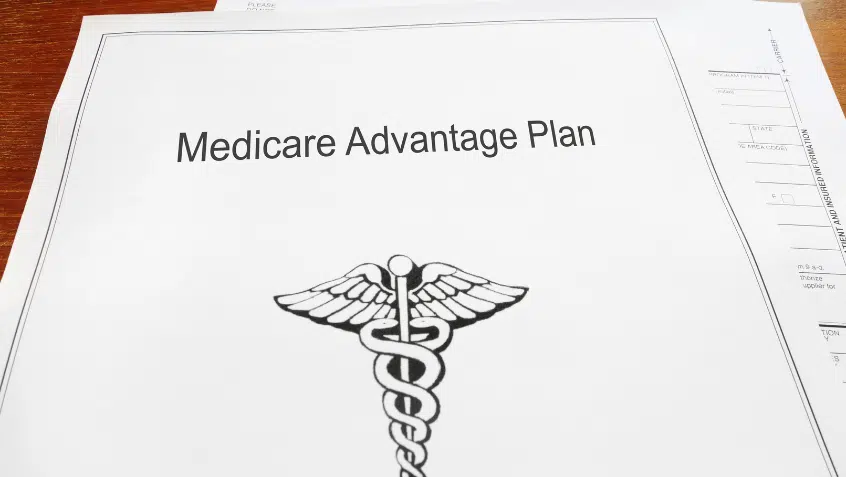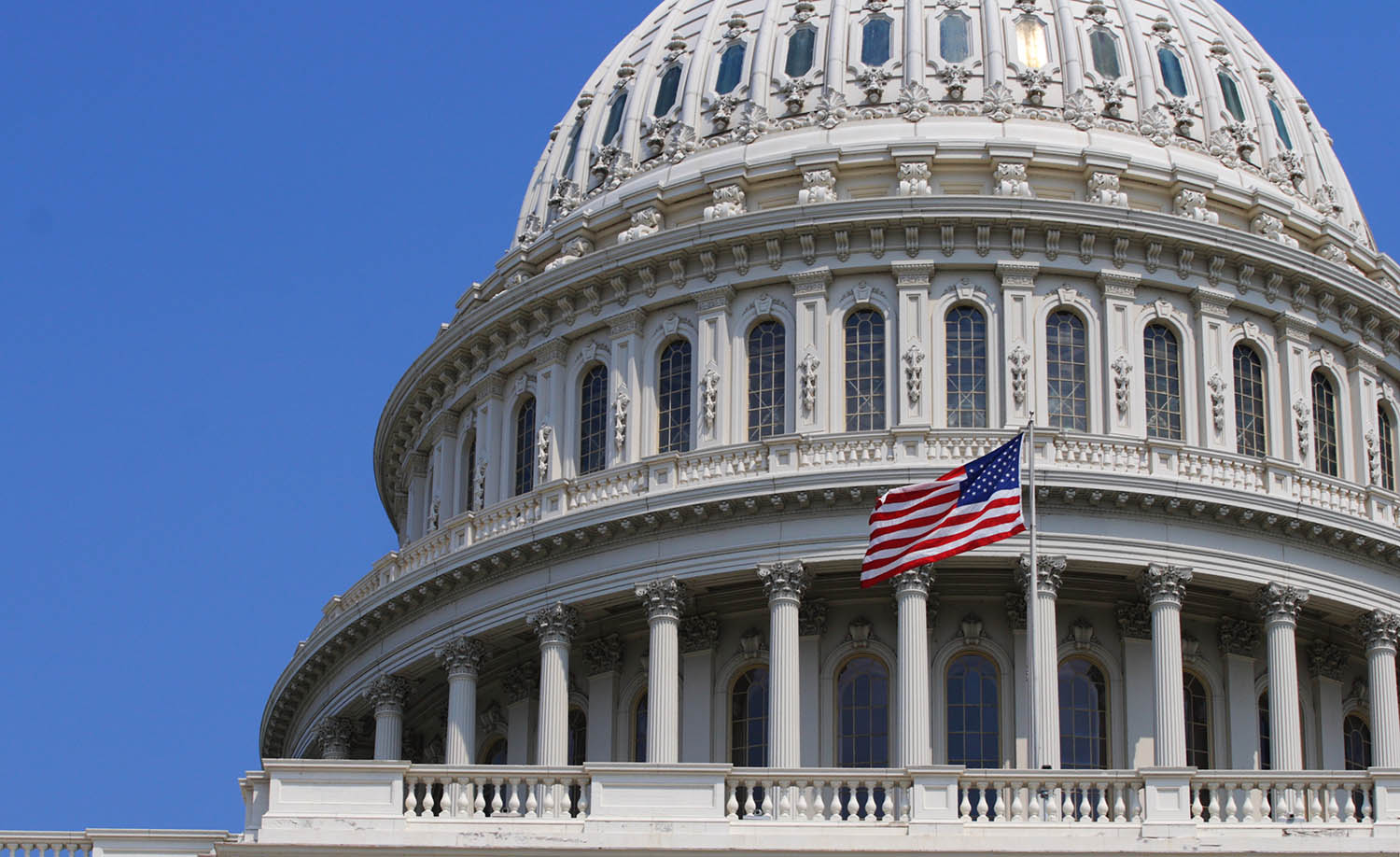
A data note by the Kaiser Family Foundation (KFF) shows possible trouble ahead for people with Medicare who rely on the US Postal Service (USPS) to deliver their prescription medications. Recent changes at the USPS have begun to slow delivery of many types of mail, and these delays threaten prescription drug access. Across the nation, there are reports of people going without their medications, which could have dire consequences for those with chronic or severe illnesses.
According to KFF, 17% of people with Medicare who used their Part D prescription drug coverage in 2018—around 7.3 million people—had at least one medication delivered via USPS. These numbers were up sharply in the first half of 2020, likely due to the COVID-19 pandemic. As a result, millions of beneficiaries currently rely on mail or pharmacies for timely delivery of their medications.
Consumers choose mail-order pharmacies for a host of reasons, including cost, access, safety, and convenience. For example, the Department of Veterans Affairs makes widespread use of mail-order pharmacies. Some Medicare plans encourage the use of mail-order pharmacies by offering large savings for using that option. This could leave people with those plans in a bind if they must switch to a retail pharmacy.
Retail pharmacies may also not be an option for people with limited mobility, transportation issues, and specialized or compounded drug needs. In addition, many people with Medicare fall into higher-risk categories for significant COVID-19 repercussions and may feel unsafe picking up their prescriptions in person.
At Medicare Rights, we are deeply concerned when people with Medicare, and others who rely on prescription medications, face dangerous delays in drug access that may put them at risk for severe consequences. Those who currently use mail-order delivery and want to investigate whether there are safe and affordable retail options should contact their drug plan directly. We recommend asking what local pharmacies are available and how any changes may impact current costs. Since transferring a prescription can take some time, it’s best to begin this process with plenty of medication on hand.
Those who switch to a retail pharmacy may want to select one with delivery or curbside pickup options that make their location safe and accessible. While plans can generally provide this information, we suggest contacting potential retail pharmacies to verify it, in case any policies have recently changed.
Beneficiaries may also want to request a 90-day prescription, to minimize their exposure and the need for more frequent mail deliveries. Part D plans are generally required to allow these longer-term fills during the public health emergency. Again, we recommend making this request early and by contacting the plan directly.
Above all, we must work together to preserve safe and timely access to medications through the USPS. If you experience problems or have questions about your coverage, we encourage you to call our national helpline at 800-333-4114. You can also reach out to 1-800-Medicare or a SHIP counselor in your area.
Read more about the risk to Medicare beneficiaries’ access to mail-order drugs.
Read more about the delays at the USPS.
Read more about how USPS delays are impacting access to medications.
The Latest
Most Read
Add Medicare to Your Inbox
Sign up to receive Medicare news, policy developments, and other useful updates from the Medicare Rights.









